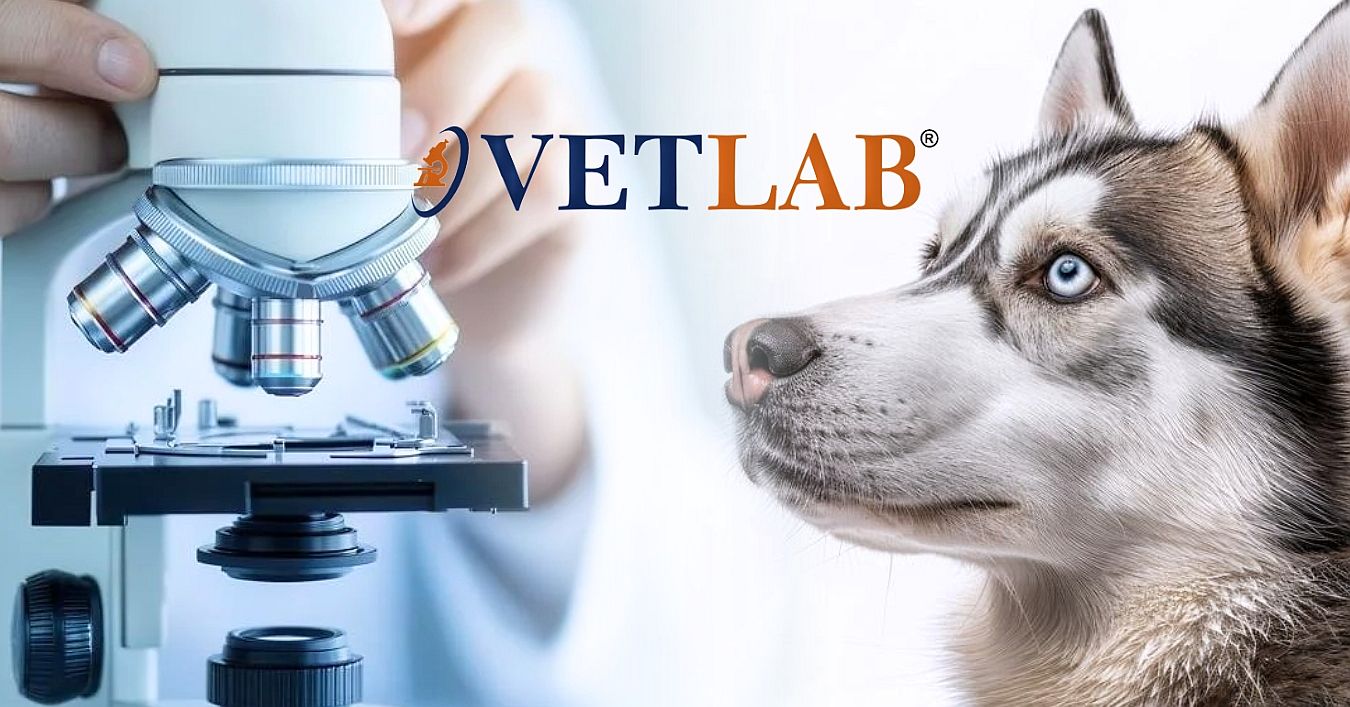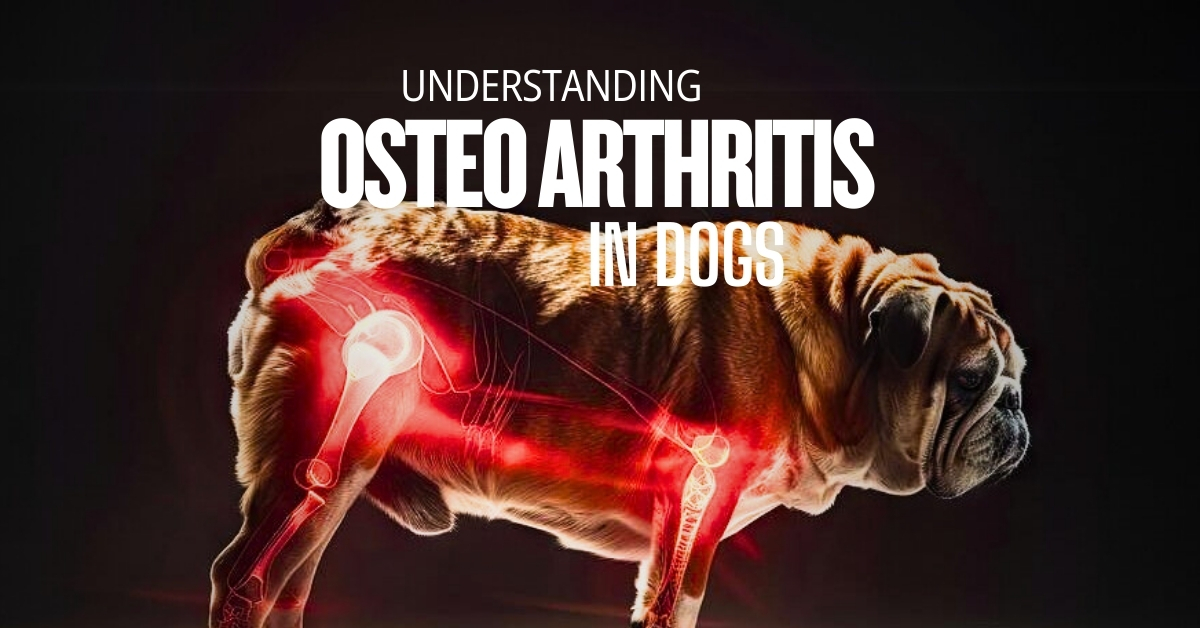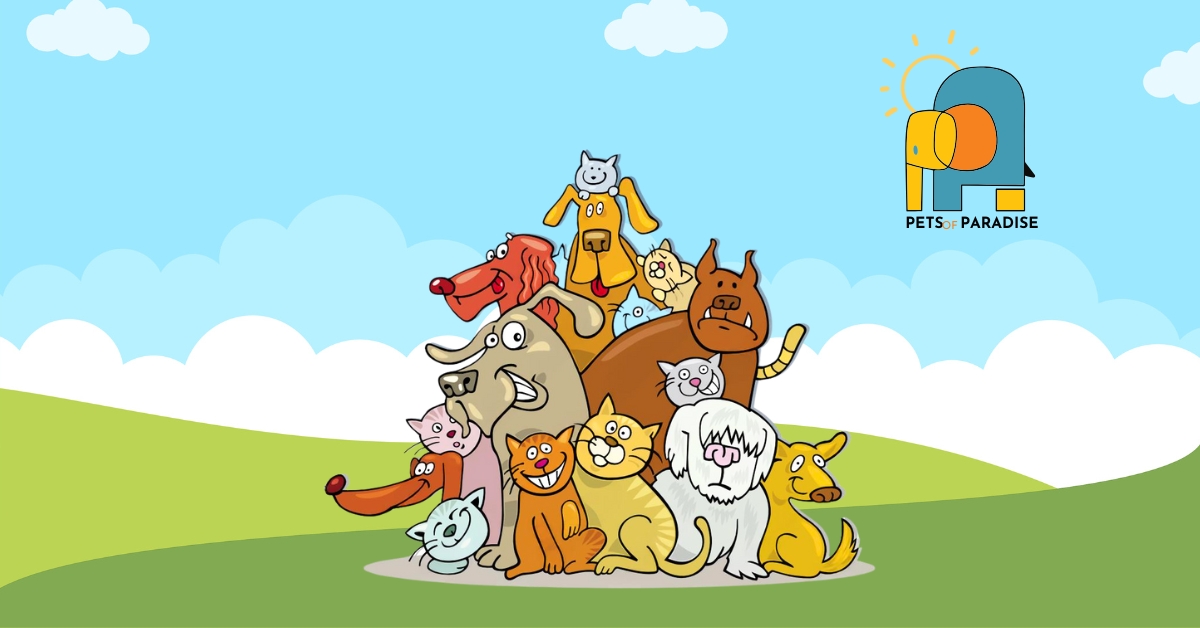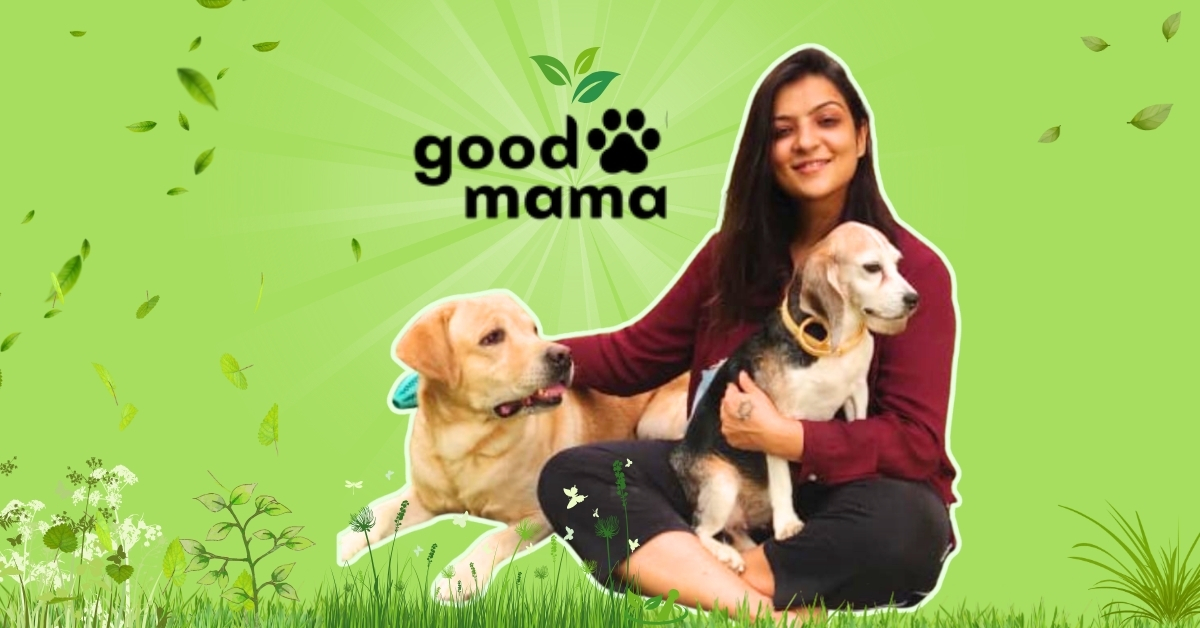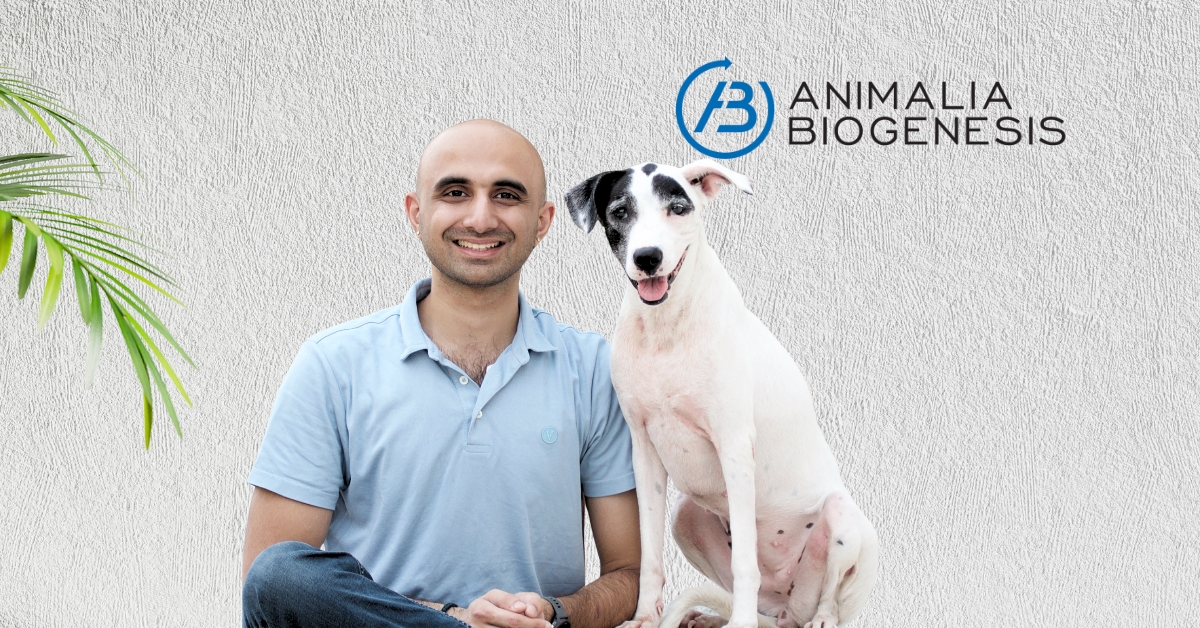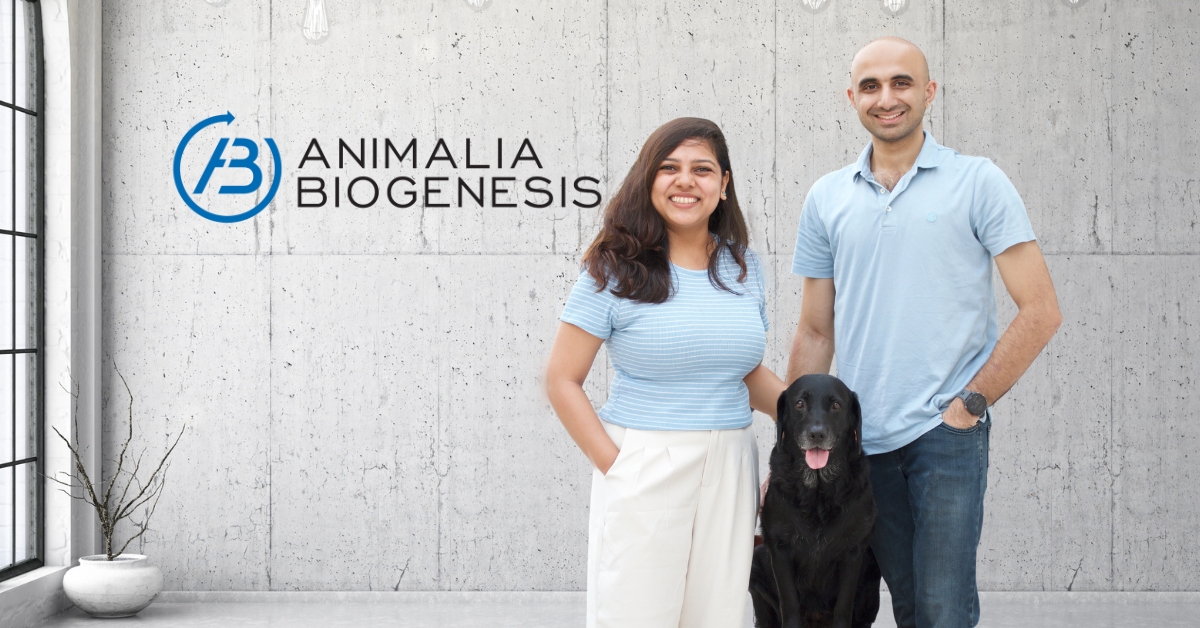The EDUPET team recently sat down with Dev Puranik, a visionary in the realm of canine training and the founder of Titanium K9. With over a decade of experience, Dev has pioneered the introduction of Protection Sports Association (PSA) training to India, earning accolades for titling his dogs—including Rōnin, Asia’s first PSA2 recipient—and coaching teams to success. Beyond his work as a certified PSA trial decoy and mentor to aspiring trainers, Dev leads the Working Dog Club of Pune and hosts The Indian Cynophilist, India’s first dog training podcast. In this interview, he shares his expertise on fostering purpose-driven dogs and redefining training standards.
Q: What is protection sports training? How is this different from traditional obedience training?
Dev : Most protection sports at some point in history were a breed suitability test for some breed or the other. And to a large extent they still are. But as years passed they evolved into sports because they became an avenue for training and trainers to showcase themselves and their abilities and provided hobbyists with a high level activity to do along with their dog.
Q: What misconceptions do pet owners have about protection sports training?
Dev : Misconceptions about protection sports are fairly typical. People generally feel that we are making dogs ferocious and that these dogs are no longer fit to be a part of society etc. and they cannot be a part of a normal household. Another misconception is that it takes hours of training daily to achieve high level results in this kind of endeavour.

“Many assume protection sports turn dogs into untamed beasts, unfit for home life. In truth, it’s about channeling their instincts into a disciplined, fulfilling purpose—requiring far less time than people imagine.” – Dev Puranik
Q: Are all dogs suited for specialized training, or are some better off with basic obedience?
Dev : The reality of the situation is that one big issue with today’s dog-keeping is that dogs don’t have a sense of purpose. They are expected to live out their lives looking good and acting cute but never really acting on their instincts and urges. Most training in the pet dog world today is to create convenience for the human. Whereas there is very little training wise that offers an avenue for the dog to be able to express its genetic urges. So when we say specialised training, yes, different dogs will have different capabilities. We need to provide an opportunity for them to excel which rarely happens.
Q: There’s often a debate about positive reinforcement versus corrective training. What’s your take on this, and how do you balance the two in your programs?
Dev : I think a lot of this is extremely polarised. You can be a purely positive trainer or force free or whatever else they call it, or else you must be a yank and crack abuser. Whereas the reality is that you can be extremely well versed in using positive reinforcement without needing to remove the use of aversive from your training as long as you’re being fair on the dog. There is a lot that can be discussed on this topic, but that sadly has to be for another day.
Q: You train working-line dogs for protection and special tasks. What kind of training goes into preparing a dog for asset protection or security purposes?
Dev : For the kind of work we do, selecting the right kind of dog is very important. Once that is done, then I would say the ability of the decoy is paramount. And, of course, the handler. I would say in that order. Even if I say so with some hesitation. The training is long-term, depends on the dog’s maturity as well and then a lot of maintenance training goes into it as well.

Q: What should pet owners expect if they’re considering training their dog for protection or property guarding? Is this kind of training suitable for all breeds?
Dev : Definitely not suitable for all breeds, but also not suitable for every individual of breeds typically associated with protection-type jobs. For someone taking an interest in this, selection is of utmost importance. So, ideally, get help before bringing the dog home. Also, for me, the owners have to train and handle their own dog throughout the long process of training their dog for protection. So just as the dog is developing as a working dog, you’re developing as a handler so as to handle the dog safely.
Q: How important are diet and nutrition in developing a stable and well-balanced dog?
Dev : For me, the fun in having a dog is to be able to take the dog to its physical and psychological potential, and nutrition plays a very big role in this journey. All factors like strength, stamina, endurance and longevity are influenced by nutrition.
Q: Exercise and mental stimulation are crucial for dogs. What are some of the best ways for pet owners to keep their dogs physically and mentally engaged, regardless of their breed or training level?
Dev : To me the best way for a dog to be physically and mentally enriched is if it’s allowed to do the things that his/her genetics are pushing it to do. The biggest issue today is that common folk don’t know and no one is telling them that a breed doesn’t just look a certain way but also has certain urges depending on their genetic predisposition. Satisfying these urges is what generally keeps a dog healthy, not just physically but psychologically as well.
Q: What is socialization for dogs? How does proper socialization impact a dog’s behavior?
Dev : Early socialisation is important. Roughly upto 16 weeks of age. Puppies should be exposed to new environments. This usually goes against the typical veterinary advice of not taking your pup out till the vaccines are done. Now this is not wrong advice but we have to think of the mind along with the body as well. So when you expose dogs to different environments, do so carefully, taking into consideration any potential infections etc, in the area. To me, socialisation isn’t about playing with other dogs or even humans. It’s more about neutrally accepting anything that the dog may encounter in its immediate environment. Be it a dog or human or anything else.
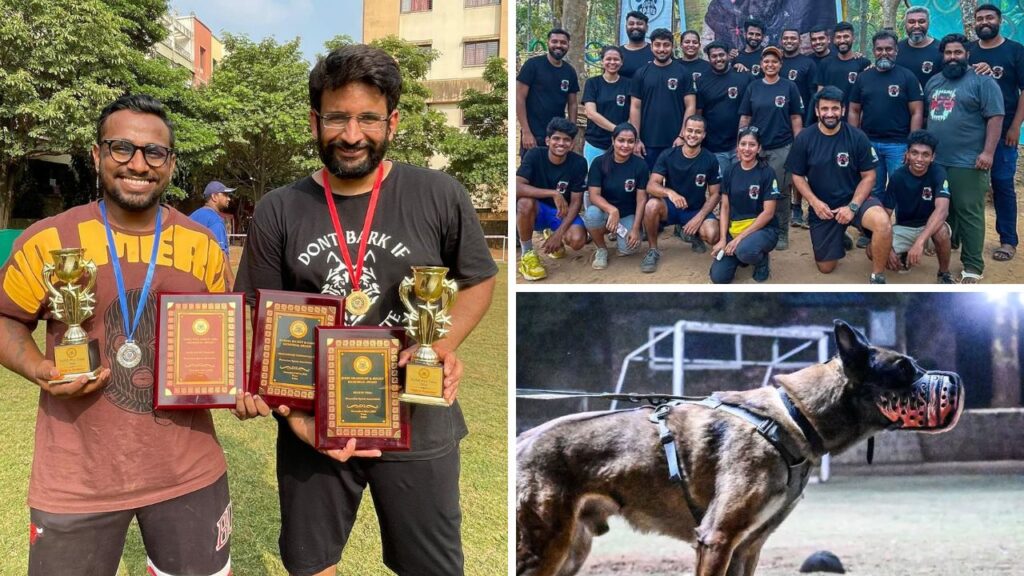
Q: What are some key socialization practices that owners should follow?
Dev : Letting dogs play with random dogs is not socialisation but it’s asking for the dog to pick up bad habits. It’s the same thing with humans. The aim should be to create neutrality rather than affinity.
Q: Aggression and fear-based behaviors often stem from a lack of exposure and confidence. How can pet owners ensure their dogs grow up to be stable and well-adjusted in different environments?
Dev : Too detailed to give blanket advice, but if I have to give an answer. I will say that you should select dogs carefully. Have an idea about the genetic predisposition. For example, a dog that comes from a line of dogs who have had to be territorial because of their living conditions or whatever, the chances of this dog being territorial in its life is pretty high too. Nex,t expose the dog positively to new environments and situations that it is likely to face in its life. Take the help of an experienced trainer to handle the dog in a way that is conflict-free and keeps you and the dog on the same page.
Q: Training isn’t just about commands; it’s about building a relationship. How much time should pet owners realistically dedicate to training, bonding, and maintaining discipline in their dogs’ daily lives?
Dev : Bonding isn’t about the quantity of time, it’s about the quality of time. Even people who spend hours and hours with their dogs do so in a way where the dog is doing their own thing and the human is talking on the phone etc, versus where the dog and human are engaging in an activity they both enjoy. Obviously the bond in the second case is going to be much better.
Q: You have worked with leading international trainers and training bodies. How do you see the future of specialized dog training evolving in India?
Dev : In my opinion, we are just getting started. One of the major things is that people do not know the scope of dog training in its entirety. But more and more people are taking up competitive training in some form or another and that brings about evolution of training as a skill as well as a lot of business opportunities in specialised training.

“Effective training isn’t about choosing between reward and correction—it’s about mastering both with fairness, ensuring the dog thrives physically and psychologically.”
Dev Puranik
Q: What advice would you give to pet owners looking for professional trainers? What should they look for in a trainer to ensure effective and ethical training for their dogs?
Dev : The best way to go about it, in my opinion, is when you yourself engage in your dog’s training and the trainer is just a coach that guides you. This way, you become part of the process and can ensure the ethical treatment of the animal. You also start to understand the process and can handle the dog a lot better, even when the trainer isn’t there to help in the future.


